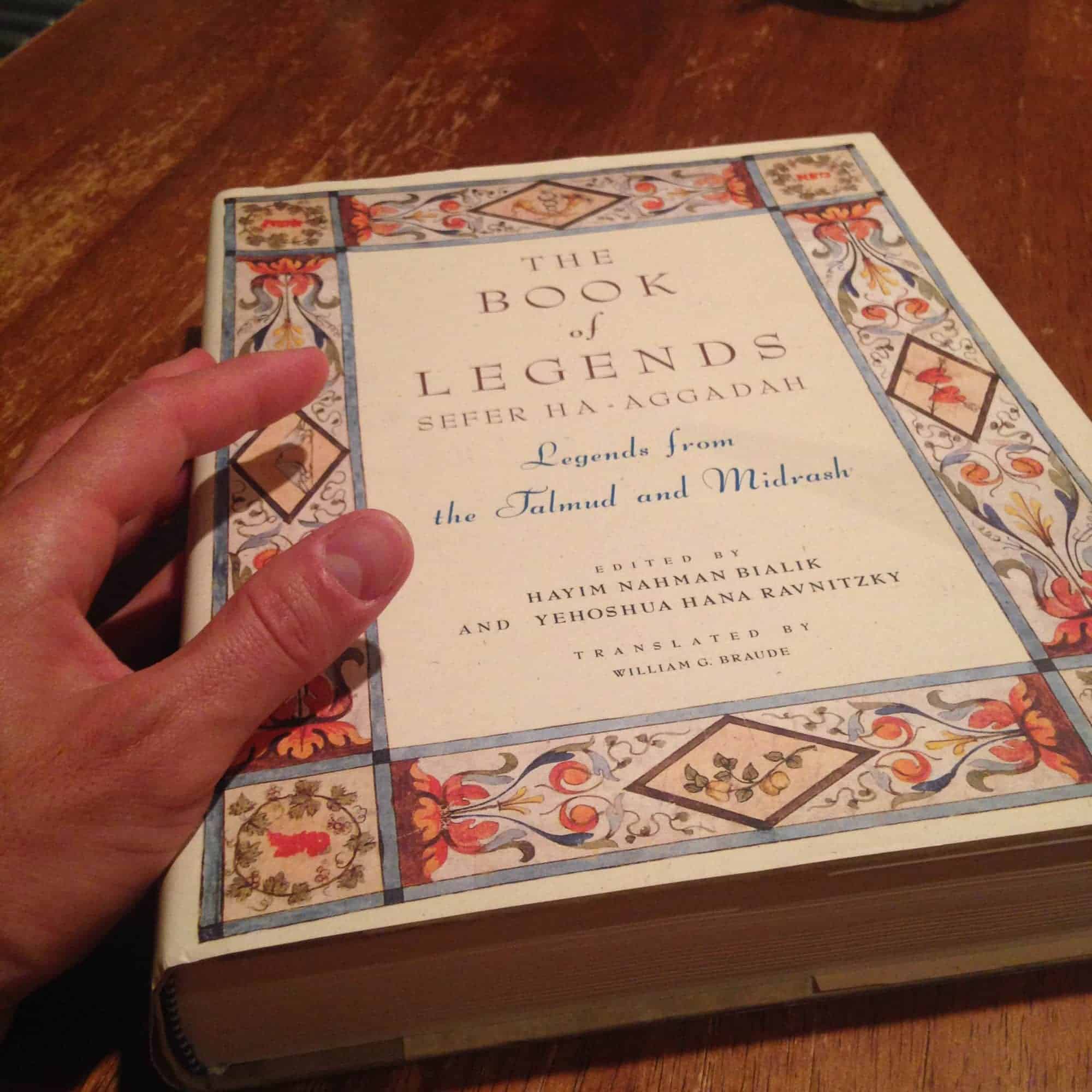 As I was flipping through my Book of Legends: Legends from the Talmud & Midrash as I often do when I want to impress people at the local coffee shop (see picture below for my quality re-enactment), I ran across a passage from the Talmud that I loved. It gave me a vision for unity that seems too far-fetched, too flippant, and perhaps even reckless. It made me ask, “What if we taught our theological ‘enemies’ beliefs with the same grace we teach our own?”
As I was flipping through my Book of Legends: Legends from the Talmud & Midrash as I often do when I want to impress people at the local coffee shop (see picture below for my quality re-enactment), I ran across a passage from the Talmud that I loved. It gave me a vision for unity that seems too far-fetched, too flippant, and perhaps even reckless. It made me ask, “What if we taught our theological ‘enemies’ beliefs with the same grace we teach our own?”
“For three years there was a dispute between the school of Shammai and the school of Hillel, the ones asserting, ‘The law is according to our views,’ and the others asserting ‘The law is according to our views.’ Then a divine voice went forth and said, ‘The utterances of the one and those of the other are both the words of the living God, but the law is according to the school of Hillel.’ Since both are the words of the living God, what entitled the school of Hillel to have the law fixed according to their rulings? Because they were kind and humble; they taught their own rulings as well as those of the school of Shammai. And even more, they taught the rulings of the school of Shammai before their own. This should teach you that he who humbles himself is exalted by the Holy One, and he who exalts himself is humbled by the Holy One.”
are the words of the living God, what entitled the school of Hillel to have the law fixed according to their rulings? Because they were kind and humble; they taught their own rulings as well as those of the school of Shammai. And even more, they taught the rulings of the school of Shammai before their own. This should teach you that he who humbles himself is exalted by the Holy One, and he who exalts himself is humbled by the Holy One.”
— B. Er 13b
What would happen if we more regularly heard John Piper preach from a book by Rachel Held Evans?
Or progressive bloggers more regularly plug conservative teachings?
Or if those scenarios make you shudder, maybe there’s a larger point about learning to care more about our posture toward other humans and less about particular mental assents to religious ideas. After all, it was another rabbi who taught:
“You have heard that it was said, ‘Love your neighbor and hate your enemy.’ But I tell you, love your enemies . . .”
— Matt. 5:43-44

